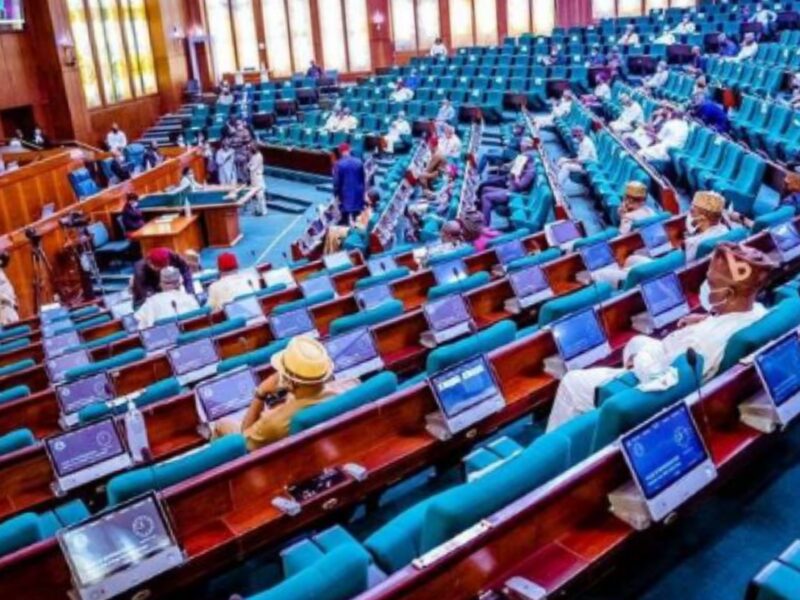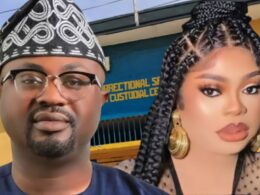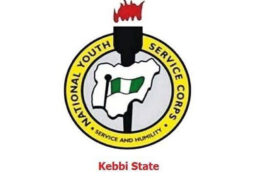The House of Reps’ investigation is expected to address Nigeria’s growing debt concerns and could shape the approach to future borrowing, especially given the impact of debt servicing costs on critical sectors such as education, healthcare, and infrastructure.
Abuja, Nigeria — The Nigerian House of Representatives on Thursday launched a comprehensive audit of loans obtained by federal and state governments since the country’s return to democratic governance in 1999.
This move aims to scrutinize both the volume of debt accrued and the utilization of borrowed funds over the past 25 years.
Since Nigeria’s return to democracy, five administrations have overseen governance: Presidents Olusegun Obasanjo, Umaru Yar’Adua, Goodluck Jonathan, Muhammadu Buhari, and the current President Bola Tinubu. During this period, Nigeria’s public debt surged as both federal and state governments sought loans for development projects and budgetary support.
The House’s decision to investigate the country’s public debt was prompted by a motion introduced by Rep. Lanre Okunola of Lagos State’s Surulere II Federal Constituency. Okunola raised concerns about Nigeria’s escalating debt profile and the need to enforce fiscal responsibility in the management of these loans.
He highlighted data from the Debt Management Office (DMO), which shows that as of March 31, 2024, Nigeria’s total public debt had reached N121.67 trillion ($91.46 billion). The nation’s debt reportedly increased by N24.33 trillion in just three months, rising from N97.34 trillion ($108.23 billion) in December 2023 to N121.67 trillion ($91.46 billion).
According to Okunola, unchecked borrowing presents serious threats to Nigeria’s fiscal health and long-term economic stability. He cited the 1999 Constitution, the Fiscal Responsibility Act (2007), and the Debt Management Office Establishment Act (2003), all of which mandate that the National Assembly must approve loans and ensure proper utilization of borrowed funds.
Okunola further expressed concern over reports that many loans are drawn from commercial banks or are certified by the Federal Ministry of Finance without adhering to constitutional requirements for National Assembly approval. Additionally, there have been instances where loans were not deployed for their intended purposes, thereby depriving citizens of the benefits they should have yielded.
In response to Okunola’s motion, which received broad support, the House directed its Committee on Aids, Loans, and Debt Management to conduct a thorough audit of all loans acquired by both federal and state governments since 1999. The committee has one month to report back with findings and recommendations for further legislative action.
This investigation is expected to address Nigeria’s growing debt concerns and could shape the approach to future borrowing, especially given the impact of debt servicing costs on critical sectors such as education, healthcare, and infrastructure.










Join our Channel...